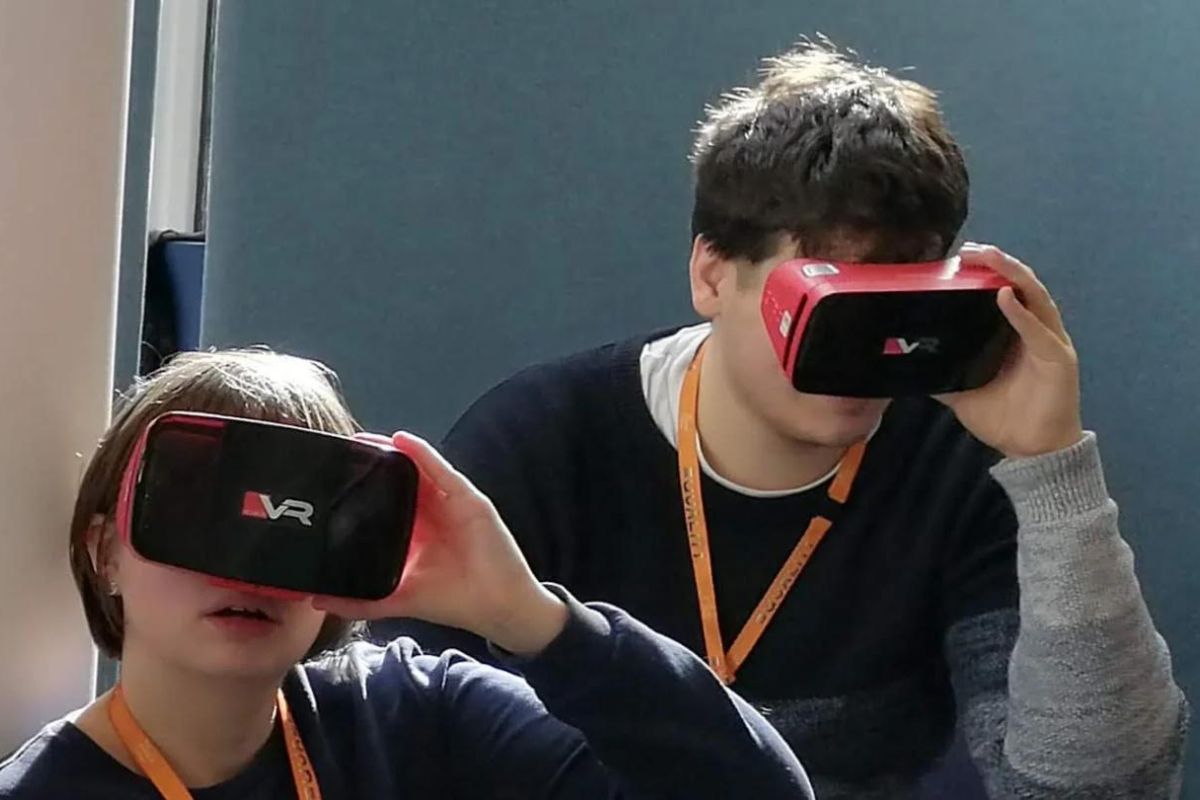IoTs ideally placed to make the most of Skills for Jobs White Paper

The emphasis in the Skills for Jobs White Paper on employers playing a leading role in all aspects of design and development of learning experiences is very welcome indeed and plays very much to the strength of Institutes of Technology (IoTs).
We should be perfectly placed to deliver skills that have the agility to adapt to our changing world and needs, prioritising our close connections with and detailed understanding of our local economies.
The White Paper speaks to the IoT sector in terms of up-to-date expertise and the concept of Dual Professionalism, something of which we’re already seeing the benefit at the South Central Institute of Technology (SCIoT) based in Bletchley, Oxford and Reading. Skilled individuals from industry are providing guest lectures, mentoring and real-life projects for study and participation. SCIoT staff will undertake industry placements ensuring they stay current in terms of their skillset and their knowledge of business needs. There will be a two-way knowledge exchange and transfer between IoTs and their partners. The IoTs can be the perfect skills solution for their regional ecosystems.
Announcements of flexible approaches to accessing learning, and critically the funding to support that learning, is also very welcome, supporting Lifetime Skills. If effectively applied these will mean an individual’s background should no longer be the key determinant in their ability to learn. Having designed flexible and modular curriculum that can be studied full-time, parti-time, accelerated (“Boot Camp” style) or decelerated fits perfectly with the SCIoT model, where we have structured learning outside of the normal academic terms. The SCIoT academic year is split instead into four ten-week block, or sprints if you will. This will allow students to dip in and out of their learning with options available making commitment to study less economically challenging or intellectually daunting. There will also be Lifestyle Learning available allowing students to access education in person or online or by a mix of both. If there is one thing we can treat as a positive side-effect of the pandemic it is that both institutions and the people who attend them are now largely comfortable and familiar with remote learning.
IoTs will fill the gaps which currently exist between learning to the test and employability. Young people qualified to Level 3 have a limited range of skills through lack of exposure to the world of work while universities have a tendency to concentrate on knowledge acquisition as an end in itself. IoTs will strive to give learners the knowledge, skills and behaviours which are so indispensable in preparing people for employment.
For many years we in the FE sector have clamoured for parity of esteem for our courses and qualifications with those provided at GCE, A-Level and most especially degrees. It’s a battle as much to do with the perceptions of parents, potential students and employers as the actual functional worth of the different pathways.
The opportunities provided by the White Paper give us a toolkit for at least reducing the respectability deficit from which vocational and technical qualifications so often suffer. Under its auspices we have a greater potential than ever before to equip students at levels 4 and 5 with the wherewithal to not only compete with university graduates in the jobs market, but sometimes to have a genuine edge over them in terms of work readiness and experience of real-world problems. Making that connection between skills that are in demand and the qualifications we offer will be the key determinant for whether this really is the time FE takes its rightful place as an equal and viable alternative to university in the minds of the people.












Responses